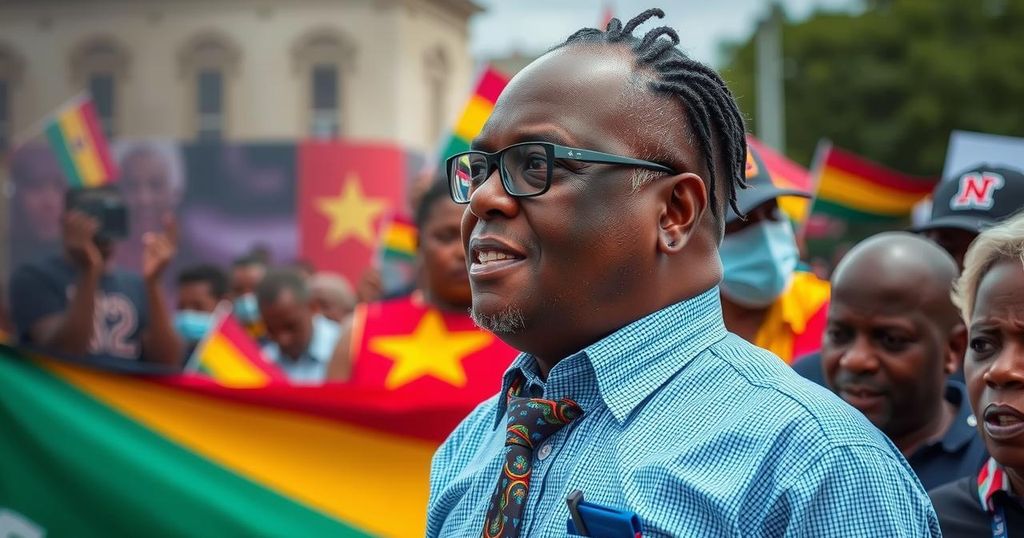Mozambique’s President-elect, Daniel Chapo, is set to be sworn in amidst protests and threats of a national strike due to alleged electoral fraud. Chapo’s ascension to power is viewed with skepticism as he must navigate a volatile political landscape characterized by opposition boycotts and calls for civil action from his main rival, Venâncio Mondlane. Analysts emphasize that Chapo’s success hinges on reforming governance, addressing public grievances, and engaging in meaningful dialogue with opponents.
Mozambique is set to inaugurate its new president, Daniel Chapo, on Wednesday amidst widespread unrest and threats of a national strike following controversial elections. Chapo, who received 65% of the vote, has been accused of benefiting from a fraudulent electoral process, which has led to violent protests and calls for civil action from his main rival, Venâncio Mondlane, who returned from exile to challenge the legitimacy of the election results. While many in Mozambique respect Chapo for his character and past work, they struggle to accept his presidency due to the contested nature of the elections.
As President, Chapo faces significant challenges, including restoring public trust, addressing economic corruption, and managing opposition opposition from both political parties, Renamo and MDM, which boycotted his swearing-in ceremony. Analysts point out that Chapo’s success will depend on his ability to unite the country, engage in dialogue with opponents, specifically Mondlane, and implement necessary reforms such as electoral law changes, job creation, and national reconciliation. Furthermore, Chapo’s approach to governance and his willingness to challenge the status quo within a political system rife with corruption will be crucial for any meaningful change.
Daniel Chapo, born in 1977 during Mozambique’s civil war, has had a varied career in media, academia, and politics prior to leading Frelimo. His leadership style is described as humble and patient, and he has voiced the need for economic recovery and national rebuilding. Moreover, observers suggest that Chapo should consider significant personnel changes within the government, including the replacement of law enforcement officials who have been implicated in human rights violations during recent protests. By positioning himself as a figure of change amidst Mozambique’s turbulent political landscape, Chapo has the potential to redefine the country’s future.
The political situation in Mozambique has been tumultuous following disputed elections that have sparked violence and protests, leading to questions about the legitimacy of the elected government. Daniel Chapo, who emerged as the president-elect, has faced accusations of election fraud, prompting calls for action from the opposition, which culminated in Renamo and MDM boycotting his inauguration. The national context reflects deeper issues of governance, corruption, and public discontent, fueled further by the historical backdrop of Mozambique’s civil conflict and post-colonial challenges.
In conclusion, Daniel Chapo’s impending presidency occurs under a cloud of controversy and societal unrest stemming from disputed electoral results. His ability to lead amidst public skepticism and engage with opposition will be pivotal for his administration. Furthermore, addressing issues of corruption and implementing necessary reforms will not only be crucial for restoring faith in government but also for ensuring the socio-economic stability of Mozambique moving forward.
Original Source: www.bbc.co.uk






